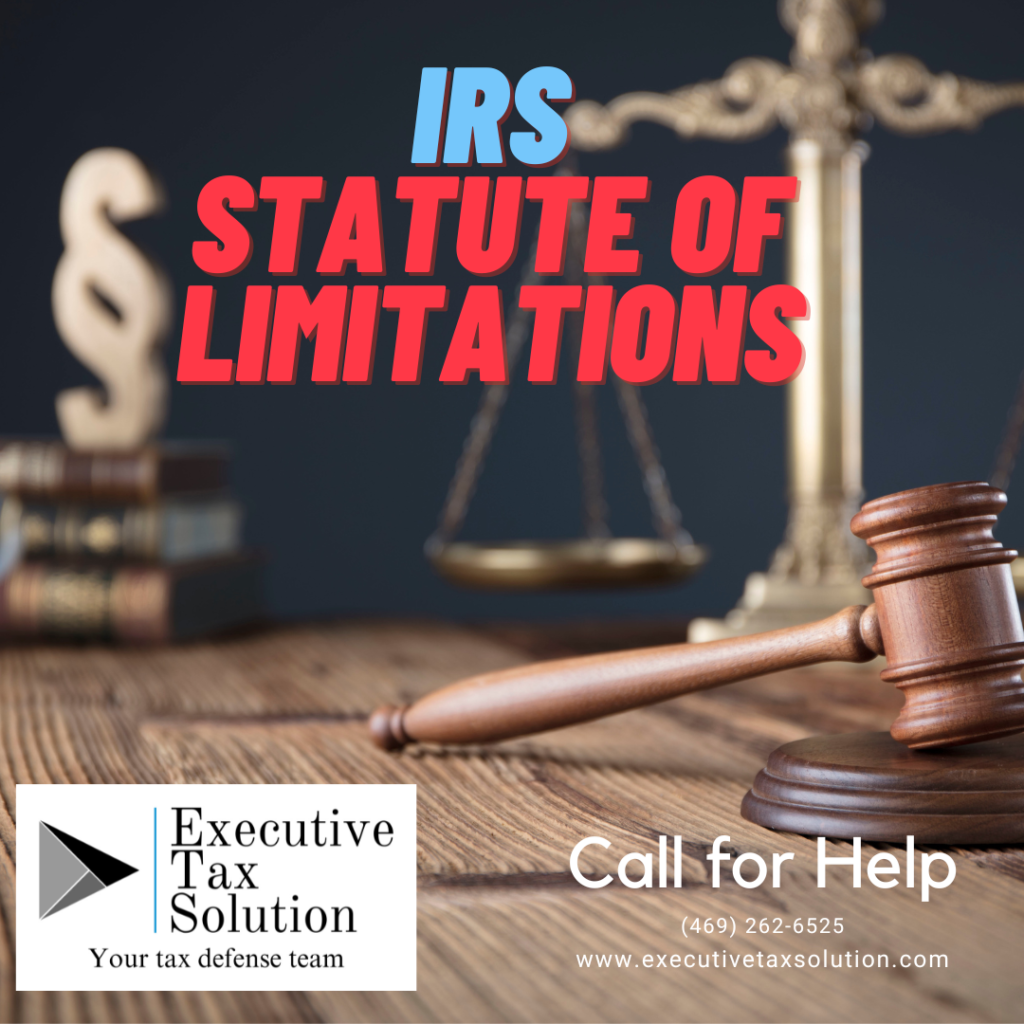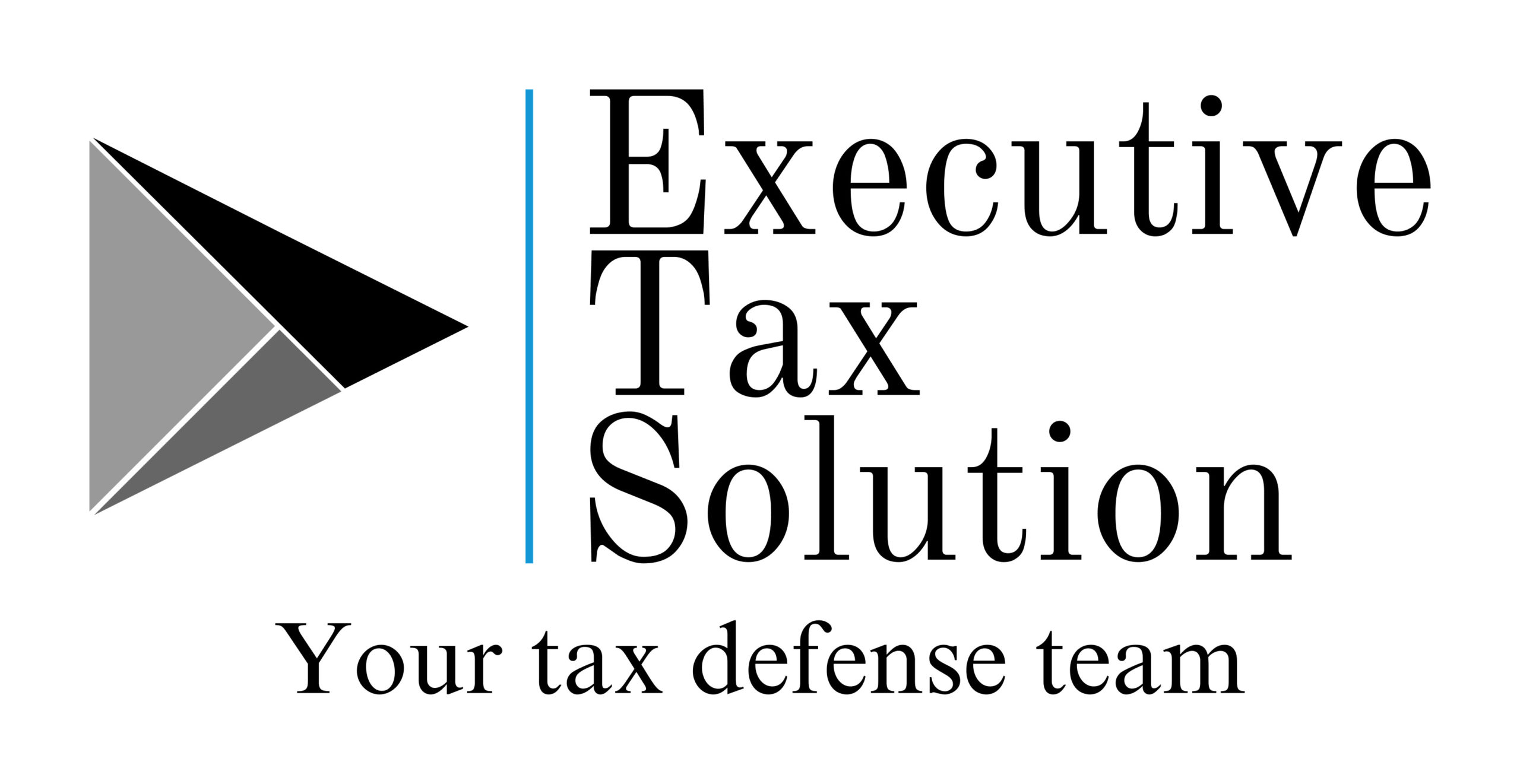Number Six of the Big Eight Resolution types
If you’re struggling with IRS debt, it’s important to understand the IRS statute of limitations. This is the time frame in which the IRS has to collect back taxes. IRS statute of limitations refers to the time frame in which the IRS has to collect back taxes. The IRS typically has 10 years to collect unpaid taxes, although there are some exceptions. If you think you may owe back taxes, it’s important to understand the IRS statute of limitations and how it may affect you.

There are a few different ways the IRS can collect unpaid taxes. The most common is through wage garnishment, which is when the IRS withholds money from your paycheck each week until the debt is paid off. The IRS can also file a federal tax lien, which is a legal claim against your property. This means that if you try to sell your property, the IRS would have the right to collect the unpaid taxes from the money you just earned from the sell.
The IRS statute of limitations only applies to the collection of taxes, not to the assessment of taxes. This means that even if the IRS can’t collect on your unpaid taxes, you’re still legally responsible for them. The best way to avoid owing back taxes is to pay your taxes on time each year. If you can’t do this, try to work out a payment plan with the IRS so you can avoid accruing more debt.
If you think you may owe back taxes, it’s important to seek professional help from a tax specialist. They can help you understand the IRS statute of limitations and how it may affect your specific situation. They can also help you negotiate a payment plan with the IRS so you can get your debt taken care of.
Are you just getting out of bankruptcy? Believe it or not, you may still owe taxes to the IRS. There are several special rule concerning CSEDs – or Collection Statute Expiration Dates they may reduce what the IRS says you owe following bankruptcy. This is just one example, so please don’t hesitate to give us a call for a free consultation. We’re here to help (469) 262-6525.
When it comes to IRS debt, the best thing you can do is try to stay current on your taxes. This way, you won’t have to worry about the IRS statute of limitations coming into play. If you do find yourself owing back taxes, though, it’s important to seek professional help right away. A tax specialist can help you understand the IRS statute of limitations and how it may apply to your situation. They can also help you negotiate a payment plan with the IRS so you can get your debt under control. Don’t wait – the sooner you get help, the better.
CSED twenty-one day rule
There are some exceptions that can shorten or lengthen the time frame.
One of those is the so-called “21-day rule.” This applies when the IRS assesses your taxes (sends you a bill), and you don’t pay it within 21 days. In that case, the IRS can start collection activity immediately, without having to wait 10 years.
Of course, if you file for bankruptcy, that puts a stop to collections activity by the IRS – at least temporarily. But once your bankruptcy case is over, the IRS can start trying to collect again, and the 10-year clock starts ticking once more.
Please call us at (469) 262-6525 for a free consultation if you have any IRS debt. We can help you understand your options and work out a plan to get your debt under control. Don’t wait – the sooner you get help, the better.

